With the advent of a new year, we feel the possibility of a fresh start come January first. But for many of us, the difficulty of sticking to our resolve outweighs the drive to reach our goal. In fact, U.S. News & World Report notes that 80% of New Year’s resolutions fail by the second week of February. Fortunately, integrating mindfulness techniques to bolster your sticktoitiveness can help you accomplish your goals and create lasting habits. To achieve these things, you must create S.M.A.R.T. goals, be held accountable, and also remember that you’re only human.
Why Do Resolutions Fail?
The new year is the perfect time to turn a new leaf and start making those changes that you’ve been putting off. You’ve got the goals, but how can you ensure that you actually accomplish them? Commonly, resolutions fail due to:
A lack of accountability
Not having an actionable plan
A “boring” goal
Societal pressures to set goals rather than personal growth motivations
An immeasurable goal
Interestingly, YouGov reports that the top three most common resolutions for 2018 are to eat healthier, get more exercise, and save more money. It is no wonder why people fail to attain these goals—because they are not S.M.A.R.T. That is, they are not specific, measurable, achievable, relevant, and time-bound. Accomplishing a goal starts with a realistic objective that has tangible metrics. More specifically, goals that are S.M.A.R.T. must be:
Specific: simple, sensible, significant
Measurable: meaningful, motivating
Achievable: acceptable, actionable
Relevant: realistic, reviewable, rewarding, reasonable
Time-Bound: time-based, time-sensitive, tangible
Set Intentions, Then Create Goals
Your thoughts dictate your reality. Much like choosing an intention for your meditation practice, recognize your reason for creating New Year’s resolutions. What do you want to change? Why do you want to change it? Bringing awareness to your desire for change can help in your creation of new objectives. Make sure your intentions are honest, clear, and most importantly, for you—as opposed to for someone or something else that impacted your choice.
Once you’ve accepted the truth behind your introspection, set goals that suit you and make sense for your life. If you’ve never set foot in a gym, you might have a hard time becoming a professional bodybuilder by the end of the year. Likewise, if you’re a social media marketing manager, you’re probably going to have trouble deleting Facebook.
However, you can make be honest with yourself and approach your goals holistically. Join a yoga studio, keep your phone in the kitchen at night rather than your bedside table, and set attainable, realistic targets that fit your life without becoming an added stressor. The greatest aspect of establishing a New Year’s resolution is that you dictate what it is.
Act Accordingly
Remember, your chances of success are only as good as the objectives you’ve established. Create S.M.A.R.T. goals with achievable milestones that allow you to concentrate on each step of the process, one day at a time. Don’t focus on the end result, which may seem too far out of reach. Pay attention to your incremental progress—you’ve saved extra money from your last paycheck, stayed off your phone the whole evening, or spent two nights at the gym this week. Acknowledging your small steps allows you to be in the present moment while making progress.
Furthermore, setting and achieving goals is much easier when you have someone to report to about your progress. In fact, Inc states that meeting with an accountability partner increases chances for success to 95%, compared to just 10% when you’ve kept your goal to yourself. Tell your partner how you plan to succeed, and meet with them regularly to discuss your progress. Alternatively, set similar goals with a friend or family member and work on them together. Either way, sharing the experience with someone makes the process more enjoyable and less arduous.
Allow Yourself To Make Mistakes
Embrace your humanness and your mistakes. Rather than resenting or judging yourself, take a deep breath and reflect on why you might be struggling to continue with your action steps. Are you stressed or feeling defeated? What can you do for yourself to get back on track? Show yourself kindness and compassion and remove all negative self-talk.
Remember that working towards your goals is not an “all or nothing” situation. You’re allowed to have good days and bad days, so do your best, forgive yourself, and try again tomorrow. And, if you’re really feeling heavy-hearted about your lack of progress, try to use mindfulness strategies to recover from your failures.
Additionally, check in with yourself every month. Some months will be stronger than others, and if you have a few weeks of lousy progress, it’s truly as simple as trying again. Perhaps your initial goals were too aggressive for how busy your life is right now. If you haven’t reached this month’s milestone, re-adjust your goals realistically. Consider your schedule, your support system, and your stress level. Switch up your targets so they make sense for your situation. Also, take this time to reflect on the process, rather than just the outcome. What have you learned about yourself?
Find The Balance
The beginning of the year is a good time to start over, set realistic resolutions to improve yourself, and acknowledge that you are worth the effort. By setting intentions, creating tangible goals, and making room for inevitable slip-ups, you’ll set yourself up for a better 2019.
No matter your goals, take the time this year to pause, be in the present moment, and experience the world surrounding you. And if you need to brush up on your mindfulness skills, we’re here to help. For more information, contact Mindfulness Strategies today.




